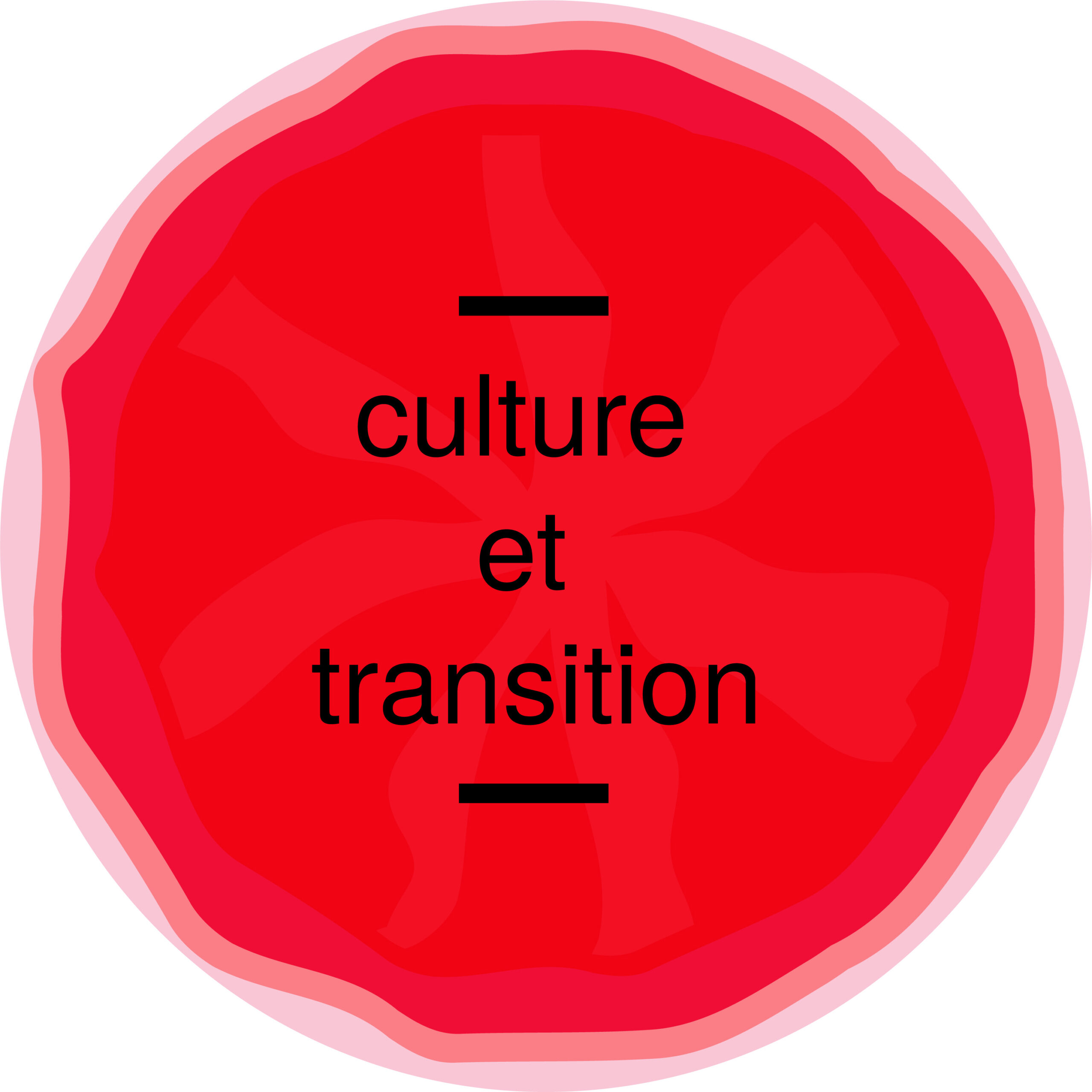The climate emergency has led to a growing recognition of the need for a socio-ecological transition. This recognition has strong cultural dimensions, shaped by representations and narratives as potential vehicles of change. Cultural mediation is a way of connecting the social and the cultural. It can stimulate exchanges between actors (citizens, organizations, policymakers), and ultimately help produce dynamics of change and new solidarities. Is it conceivable to develop a paradigm in which cultural mediation bridges art and science, in which the public interacts sensitively with its environment while appropriating ecological ideas? Is it possible to create a favorable context for a “just transition” that is not only fueled by discourses of loss and deprivation?
ARTENSO, a Montreal-based research center on art and social engagement, explored the possibilities of these intersections by conducting documentary research on the relationship between artistic and ecological interventions. It illuminated the relationships between art, culture and social-ecological change, both in their conceptual dimensions and through practical considerations. It first examined cultural policies that address the relationship between culture and transition in the context of Quebec, and mapped initiatives that bring about transformations in the current social and environmental context. ARTENSO developed a typology to unfold the recurring goals and emerging axes of initiatives that combine artistic and ecological practices. This typology will be presented at the ENCATC Congress.
This study suggests that artists and cultural organizations can become agents of social change by exploring new methods and processes. Often conceived and presented separately, engaged art and ecologically responsible practices are nevertheless dimensions that, when articulated together, can challenge society on environmental issues, question the relationship between populations and the environment, and advance the fight against climate change.



